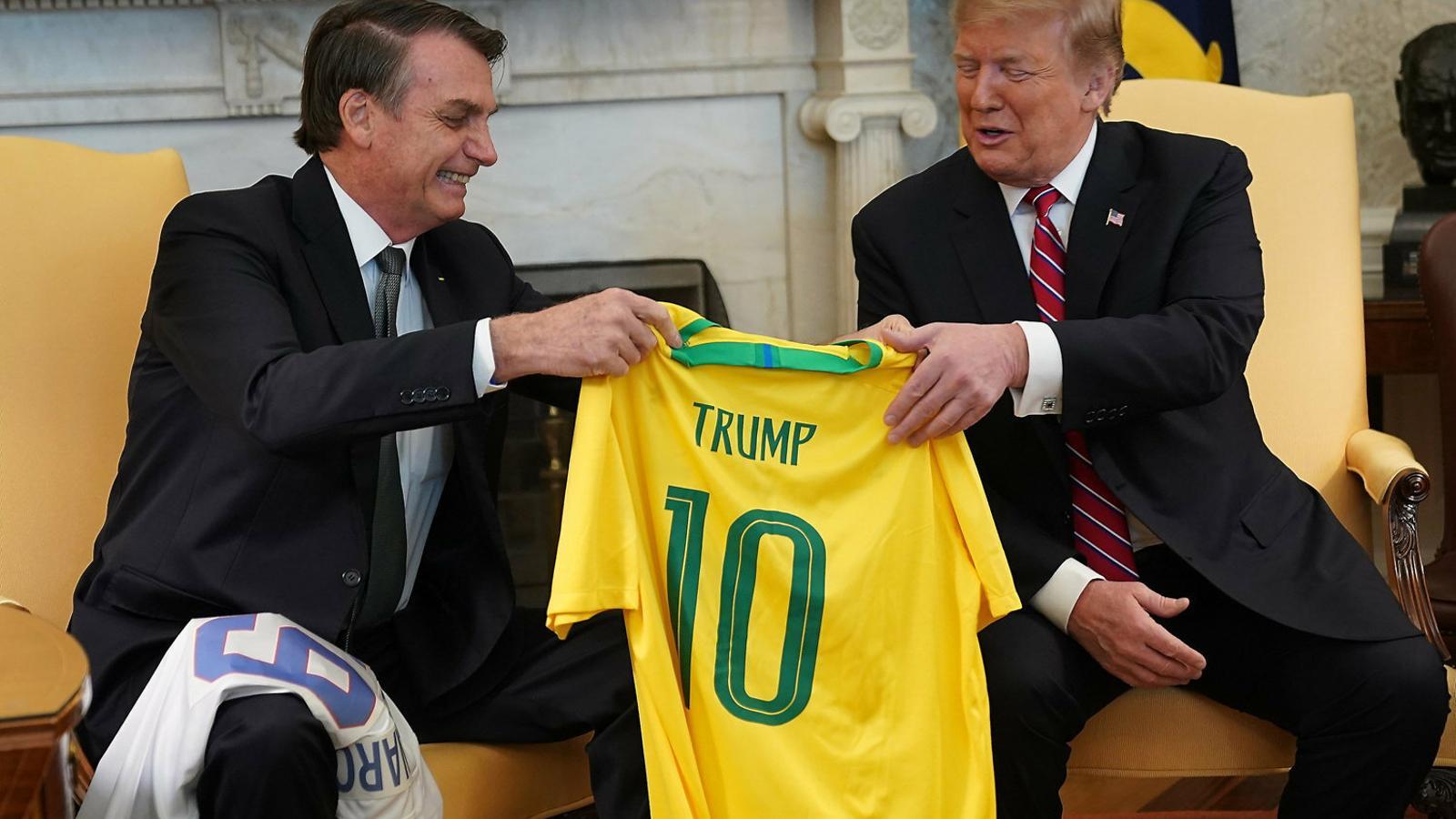

Former Brazilian President Jair Bolsonaro, despite explicit support from his friend Donald Trump, President of the United States, was sentenced by the Brazilian Supreme Court in a historic ruling to 27 years and three months in prison for the attempted coup against his political rival and current president, Luiz Inácio Lula da Silva. The conviction for the assault on the country's main democratic institutions also affects seven of Bolsonaro's allies, five of whom are military officers. This is the first time in 140 years that military officers have been punished for attempting to overthrow democracy.
The conviction also disqualifies the ultra-conservative populist politician from running in elections until 2060. But since the verdict was not unanimous—despite a clear majority of 4 votes to 1—the sentence is not final: the convicted man's lawyers have urged him to challenge the ruling, a lawsuit that could drag on until the presidential elections scheduled for 2026, in which Bolsonaro has insisted he wants to run. Brazil thus becomes a battleground, and a global paradigm, in the fight to preserve democratic values and institutions in the face of a global authoritarian offensive.
The events under trial took place on January 8, 2023, when four thousand Bolsonaristas stormed the headquarters of the executive branch, the legislative branch (Congress), and the judicial branch (the Supreme Court) in Brasilia. This was a triple subversive action mirroring what the Trump supporters had carried out exactly two years earlier, on January 1. Like Trump, Bolsonaro had also leveled accusations of electoral fraud. And since the American had gotten away with it judicially and politically, Bolsonaro thought he could do the same without danger.
Since then, Trump has maintained unconditional support for Bolsonaro, a support that he has recently turned into a punitive tariff in Brazil, presided over by Lula da Silva. In fact, the US president used the trade threat to try to influence the sentencing of his Brazilian friend and preemptively imposed sanctions against the presiding judge of the Supreme Court that tried Bolsonaro and revoked visas for most of the members of this high court. This pressure has proven futile or even counterproductive.
Right now, there is already an open trade war between Brazil and the US, with episodes such as the soybean dispute, which has led China to stop buying soybeans from the United States and switch to Brazil. A disaster for American producers. But Trump remains impassive alongside his coup-plotting friend: this Friday, upon learning of the sentence, he said that Bolsonaro was "a good president" and that they have done to him what they failed to achieve with him: imprison him. The US "will respond accordingly to this witch hunt," added Washington's top diplomat, Marco Rubio. Lula's response has also been forceful: he doesn't fear further US sanctions, and his government considers the threats an intrusion into its justice system and democracy.
